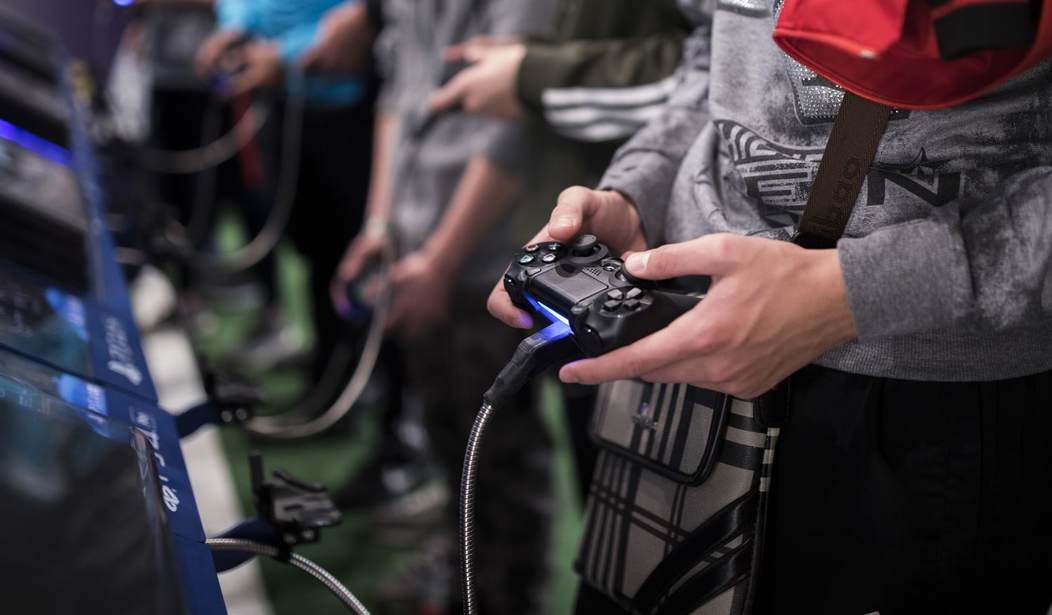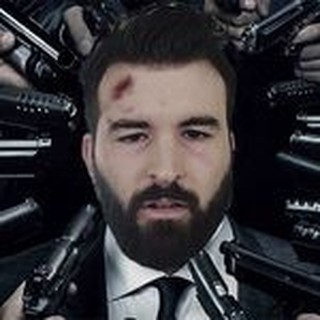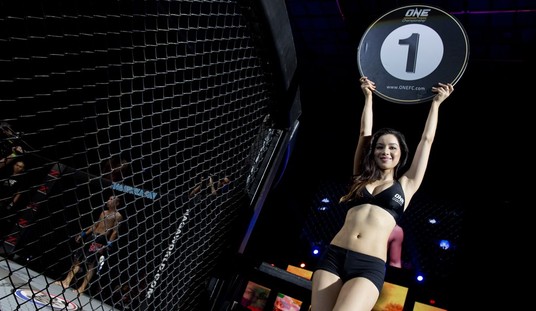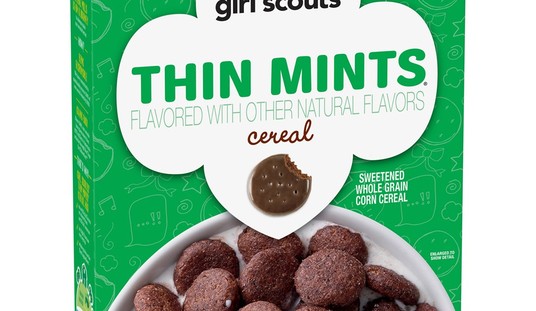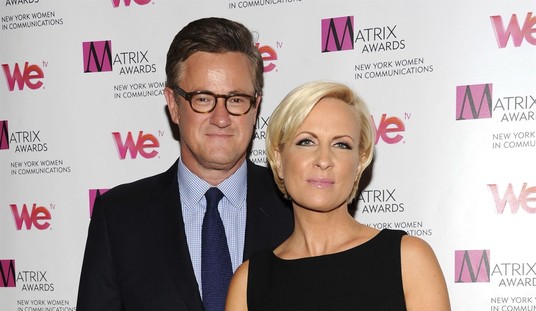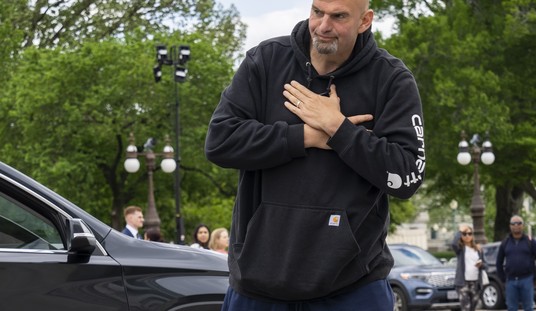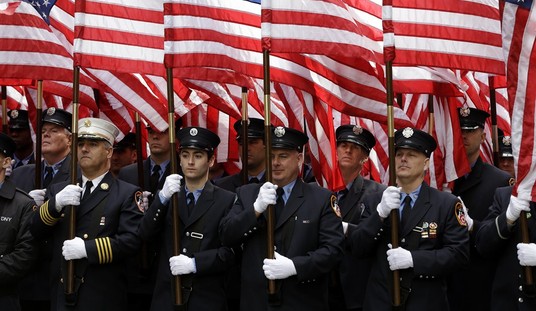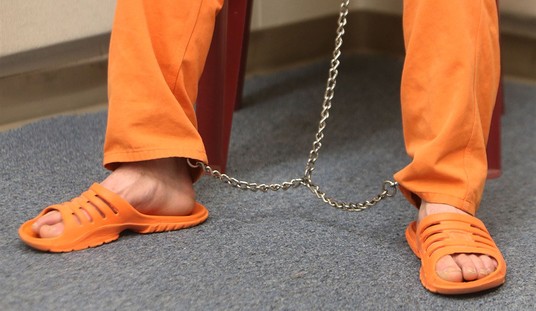There's a very ridiculous idea floating around the hard left that a person can't enjoy or connect with a piece of media if they don't see themselves represented in it. This is, of course, nonsense. If that were the case then the "Ninja Turtles" would be a dead brand "The Lord of the Rings" never would have become an international phenomenon.
(READ: The 'I Can See Myself' Fallacy of 'Representation' in Art)
Moreover, this quest for "representation" hasn't improved a film one iota and has created such detriment that many films with forced race swaps bomb at the theater. Moreover, with the films focusing on DEI instead of good storytelling, you get nonsensical propaganda that looks more like bad fan fiction.
Still, despite the failures and audience backlash, the push for "representation" continues. Now GLAAD is complaining that there aren't enough gay and transgender people in video games despite their claim that 17 percent of the gaming community is part of the LGBT community:
Per the 2024 GLAAD Gaming Report, published Tuesday, one in five active gamers are LGBTQ.
“GLAAD’s finding that 17% of active gamers are LGBTQ, and the growth from 10% of active gamers being LGBTQ from Nielsen’s Games360 study in 2020, proves their tremendous influence on the gaming industry,” said Stacie de Armas, Nielsen’s senior vice president of diverse insights and initiatives. “The study shows that for LGBTQ gamers, a safe and inclusive environment goes beyond the game itself — with nearly 70% indicating they are less likely to buy from a studio with a history of mistreating LGBTQ workers.”
According to GLAAD’s survey, 72% of LGBTQ gamers say that seeing video game characters with their sexual orientation or gender identity “makes them feel better about themselves,” and that increases to 78% for the 13-17-year-old demographic.
I will come right out and immediately cast all sorts of doubt on these numbers. As a member of the gaming community and one who's been reporting about it for over a decade, that 17 percent number seems really high. Only five percent of people around the globe are homosexual, so it seems unlikely that a global hobby is going to attract that many homosexuals. The methodology also notes it uses a boosted sample of LGBT people for the study.
Moreover, what GLAAD considers a "gamer" might not fall into the category of an actual gamer. For instance, a person who randomly plays Candy Crush on their phone isn't a "gamer" yet there are many groups that would like to include them to pad their stats during surveys. To be fair, the study claims they use PC and console gamers, but it does not specify whether it considers mobile gaming a form of console gaming.
But for the moment, let's say that what they've reported is 100 percent accurate and the gaming community is rife with homosexuality and transgender people. If we're going to start going down the path of representation, then I have my own demand.
There are 2.8 billion gamers worldwide but let's get smaller and focus on the 200 million gamers in the United States alone. A whopping 63 percent of Americans are Christian. If I were to take that percentage and toss that into the 200 million gamers in the U.S., I'd get 126 million Christian gamers in America.
"Oh, but Brandon! That's definitely highly inaccurate! It's probably way fewer than that!" I hear the LGBT activists say.
Yeah, that's probably true...but it doesn't matter. Seventeen percent of the 200 million is 34 million. If I were to cut even the number of Christian gamers by half, I'd get 63 million, still outstripping the LGBT community in gaming by leaps and bounds.
At this point, you can see where I'm going.
There are a ton of Christians in the gaming community and we are woefully underrepresented. By the logic of the LGBT activist community, if gaming studios should adhere to certain standards of representation based on population then there need to be more Christian characters that play important roles in video games, and as the good guys to boot.
Or...and stay with me on this one...we could allow studios and developers to write solid games and stories based on good gameplay and storytelling without having to check boxes and adhere to the whims of a super whiney group of social justice-obsessed people and activists with no love of the hobby anyway.
Food for thought.

